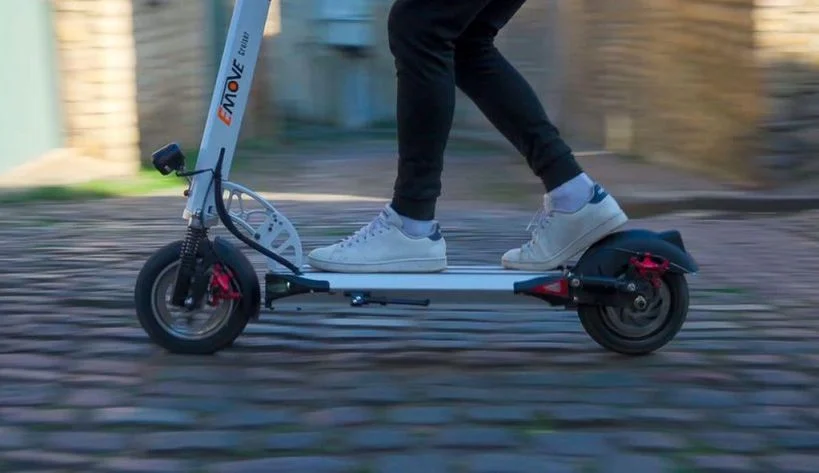Electric scooters have become a popular mode of transportation and recreation, known for their efficiency and eco-friendliness.
When it comes to their performance, one of the critical factors to consider is the voltage of the scooter’s battery.
In this article, we’ll delve into the speed of a 48V electric scooter, shedding light on what you can expect in terms of velocity and performance.
Understanding Voltage in Electric Scooters
Voltage is a crucial specification in electric scooters, as it directly affects the scooter’s power output and, subsequently, its speed.
In general, electric scooters come in various voltage ratings, with 36V and 48V being common options. A 48V electric scooter is considered mid-range in terms of power and speed.
The Speed of a 48V Electric Scooter
The speed of a 48V electric scooter can vary depending on several factors, including the scooter’s design, motor power, and overall build quality. However, as a general guideline:
- A typical 48V electric scooter designed for daily commuting can reach speeds between 15 to 25 miles per hour (24 to 40 kilometers per hour). These scooters are engineered for reliability and safety, making them suitable for urban commuting and recreational riding.
- Some high-performance 48V electric scooters, often categorized as “fast electric scooters,” can achieve speeds of 30 miles per hour (48 kilometers per hour) or even more. These scooters are designed for enthusiasts who seek an exhilarating riding experience.
Factors Influencing Speed
- Motor Power: The power of the scooter’s electric motor is a significant determinant of its speed. Higher-wattage motors can propel the scooter at faster speeds.
- Battery Capacity: A 48V scooter typically has a higher-capacity battery compared to a 36V scooter, providing the necessary energy for increased speed and range.
- Terrain: The type of terrain you ride on can impact the scooter’s speed. Electric scooters tend to perform better on flat, smooth surfaces, achieving their maximum speeds.
- Weight: The rider’s weight and cargo load can affect the scooter’s speed. Heavier loads may reduce the scooter’s top speed.
- Tire Size: Scooters with larger tires may have better stability at higher speeds.
- Scooter Design: The aerodynamics and overall design of the scooter can influence its top speed.
Safety Considerations
It’s crucial to emphasize that safety should always be a top priority when riding any electric scooter, especially those capable of higher speeds. Here are some safety tips to keep in mind:
- Wear appropriate safety gear, including a helmet, gloves, knee and elbow pads, and protective clothing.
- Familiarize yourself with the scooter’s controls and handling characteristics.
- Obey local traffic laws and regulations, including speed limits and helmet requirements.
- Ensure your scooter is well-maintained, with functioning brakes and lights.
In conclusion, a 48V electric scooter is capable of reaching speeds ranging from 15 to 30 miles per hour, depending on its specific design and features. The speed of your scooter can provide you with a thrilling ride or a practical commuting solution, but it’s essential to prioritize safety and adhere to local regulations to enjoy your electric scooter experience to the fullest.

